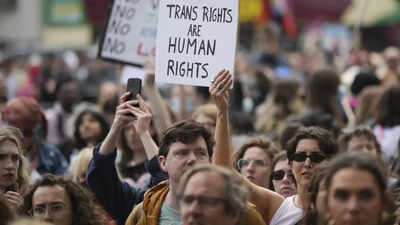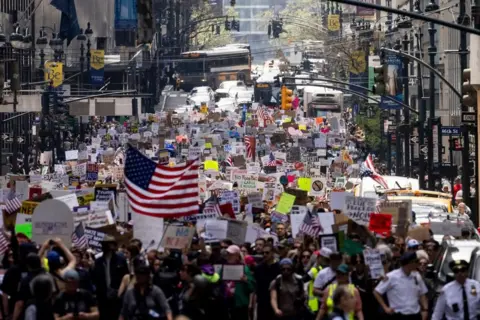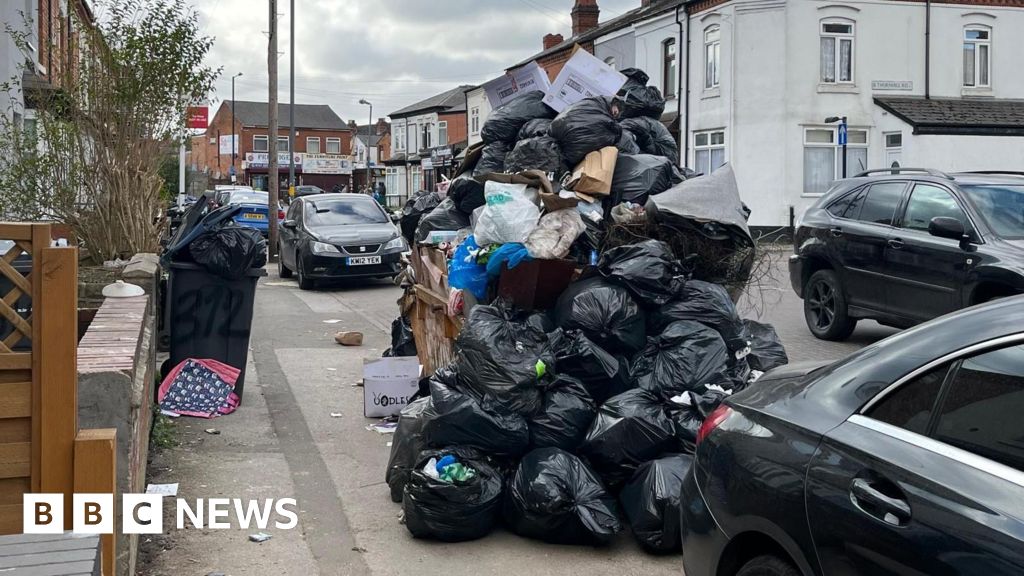Supreme Court Issues Temporary Block on Deportations Under Alien Enemies Act

In a significant legal development, the Supreme Court has issued a temporary injunction that halts the deportation of Venezuelan nationals currently detained at the Bluebonnet Detention Center in west-central Texas. This decision pertains to the application of the Alien Enemies Act, a rarely invoked 18th-century law designed for wartime that enables the swift removal of foreigners deemed a potential threat to national security.
In an official statement released early Saturday, the Supreme Court directed, "The government is instructed not to remove any member of the putative class of detainees from the United States until further order of this court." The decision, however, was not unanimous, with Justices Clarence Thomas and Samuel Alito expressing dissent.
The American Civil Liberties Union (ACLU) raised alarms late Friday, asserting that immigration authorities were hurrying to recommence deportations under the Alien Enemies Act, despite prior Supreme Court restrictions on its application. Reports indicated that late Thursday, Venezuelan detainees at the Bluebonnet facility received notifications informing them of imminent deportations. ACLU lawyer Lee Gelernt revealed to NPR that detainees were being prepared for removal, with some already being loaded onto buses for departure on Friday evening.
This development follows a recent Supreme Court ruling that permitted the Trump administration to continue deportations under this act, provided that the detainees are given due process to contest their removals. The government has indicated that 137 individuals, alleged to be associated with the Venezuelan gang Tren de Aragua, have already been deported under this legislation, including several sent to a prison facility in El Salvador.
Despite these claims, NPR was unable to verify the exact number of individuals at risk of deportation from the Bluebonnet Detention Center. Additionally, the U.S. Department of Homeland Security has refrained from disclosing specific details or answering further inquiries regarding the situation.
Assistant Secretary of Homeland Security, Tricia McLaughlin, stated, "We are not going to reveal the details of counter-terrorism operations, and we are complying with the Supreme Court's ruling." This statement highlights the complexity of balancing national security concerns with the legal rights of detainees.
The ACLUs response to the situation included a request for an emergency injunction from the Supreme Court to halt deportations. The organization emphasized that individuals subjected to the Alien Enemies Act should receive at least 30 days of advance notice prior to any removal. The ACLU contended, "The notice the government is providing does not remotely comply with the Supreme Court's order. At a minimum, the notice must be translated into a language that individuals can understand. Most importantly, there must be sufficient time for individuals to seek review." They drew a parallel to historical precedents from World War II, advocating for a mandatory 30-day notice before any deportation attempts.
In an emergency hearing held late Friday, federal Judge James Boasberg expressed concerns regarding the inadequacy of the forms that migrants were required to sign under the Alien Enemies Act, noting that these documents failed to inform detainees of their right to contest their deportation. "It doesn't say you have the right to contest, you have the right to challenge anything. It's just telling you here's the notice, you're getting removed," Boasberg remarked to Justice Department attorney Drew Ensign, indicating serious issues with transparency in the process.
Conversely, the Justice Department defended the notice as compliant with prior Supreme Court guidance. Furthermore, federal judges across several jurisdictions have issued blocks on deportations executed under the Alien Enemies Act. In recent days, the ACLU has also filed lawsuits seeking to prohibit deportations at additional Texas detention centers, including Bluebonnet, which is strategically located about halfway between Lubbock and Fort Worth.
The ACLU has alleged that the government has been intentionally transferring many Venezuelan migrants to Bluebonnet specifically to expedite these deportations; however, the government denies this assertion. Judge Boasberg had previously identified probable cause that the Trump administration engaged in criminal contempt for violating his ruling. Nonetheless, the Supreme Court ultimately determined that only judges overseeing the facilities where migrants are held possess the authority to halt their deportation.
The ongoing situation underscores the contentious and frequently complex relationship between immigration policy, national security measures, and the rights of individuals facing deportation. The legal battles surrounding the use of the Alien Enemies Act highlight the ongoing tensions within the U.S. immigration system, particularly as it relates to vulnerable populations such as refugees and asylum seekers.
This report includes contributions from Stella M. Chvez of The Texas Newsroom and NPR's Ximena Bustillo, both of whom have diligently followed this evolving story.


























